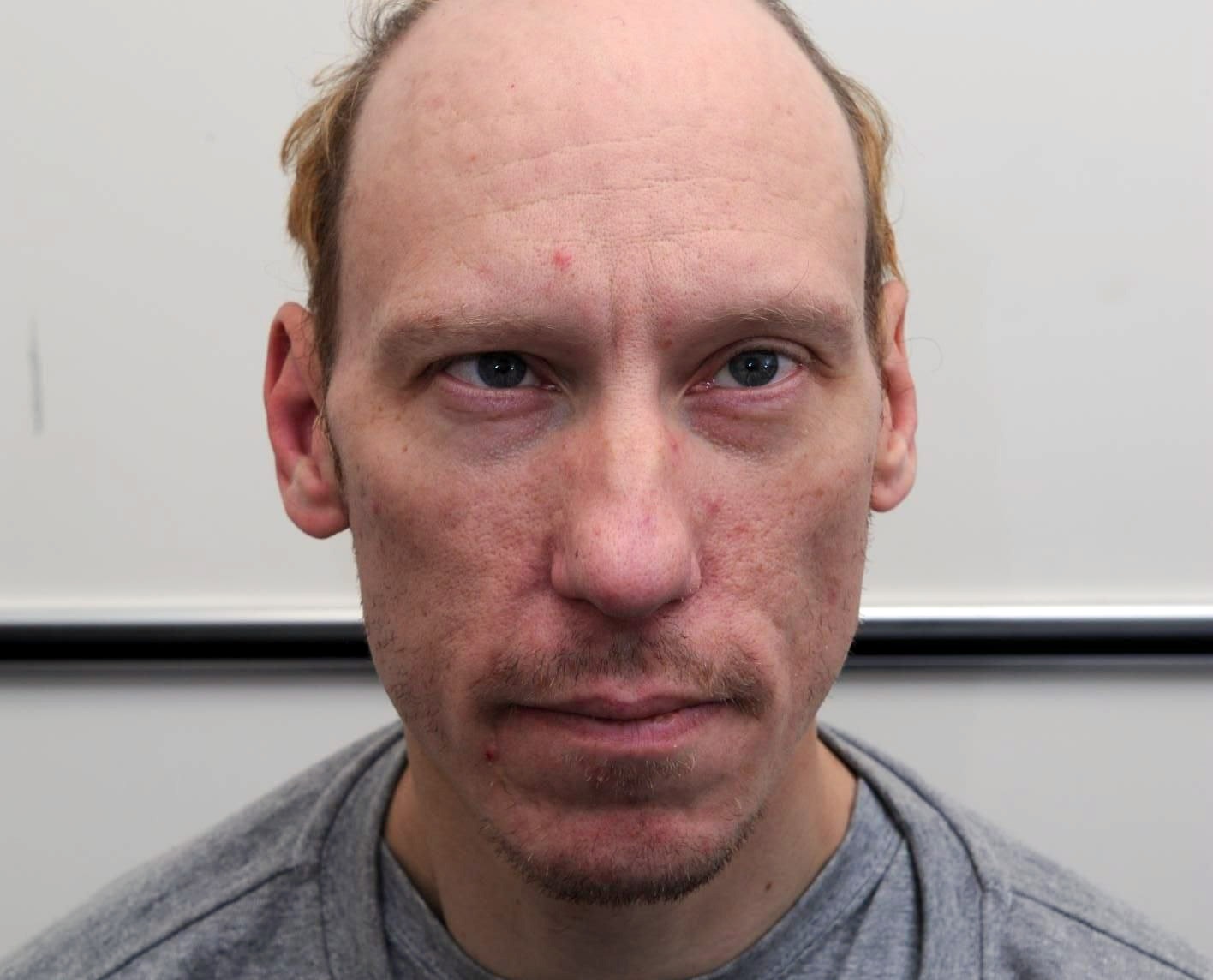Grindr serial killer Stephen Port. (Metropolitan Police)
British lawmakers have demanded a public inquiry into whether London’s Metropolitan Police Service is “institutionally homophobic” following the Stephen Port probe.
Trust in the force has been shaken by claims that police investigations into Port were faltered because his victims were gay.
An inquest into Port, who murdered at least four young men and raped many more, has renewed fresh scrutiny into the litany of police failures that, the inquest found, “probably” allowed Port to kill more.
Now, a group of London MPs have called for a public inquiry into claims of “institutional homophobia” within the Met.
In a letter to Met commissioner Cressida Dick, signed by Dame Margaret Hodge and 17 other lawmakers, the MPs wrote: “The police have admitted their mistakes, instituted new protocols and emphasised that a lack of resources was to blame.
A lack of resources cannot fully explain the sheer number of failures in the Met’s investigation into Stephen Port. I, alongside other London MPs, have written to the Met Commissioner to demand a public inquiry considers whether the Met is institutionally homophobic. pic.twitter.com/TeglpzhQsi
— Margaret Hodge (@margarethodge) December 10, 2021
“However, resourcing alone does not ee explain the sheer number of failures by the police in this matter.
“The key question everyone is asking is yet to be answered – whether institutional homophobia in the Met played a role in these investigations.”
For the signatories, it is “imperative that a public inquiry takes place urgently to consider if institutional homophobia played a role in this case”.
Capturing this, the letter added that of the 17 officers investigated for misconduct, none were dismissed. Some, in fact, were promoted.
“Had four, white, heterosexual girls been found dead in the same manner as Anthony, Gabriel, Daniel and Jack, then the police’s actions and the likely outcomes would have been different,” a statement from the victims’ families stated.
Stephen Porter is a ‘wicked and monstrous’ serial killer, judge says
He found his victims on queer dating websites such as Grindr and Fitlads. He drugged them, raped them and killed them, ditching their bodies only a stone’s throw away from his east London flat.
Stephen Port, a 46-year-old bus depot chef, murdered four men and was sentenced to life in prison in 2016.
In a grisly case that deeply appalled Britain, Port plied his victims with GHB, a date rape drug. An Old Bailey judge described him as “wicked and monstrous”.

Some six years after Anthony Walgate, 23, Gabriel Kovari, 22, Daniel Whitworth, 21, and Jack Taylor, 25, were slain, an inquest was opened into their deaths. Whether Met officers were guilty of “institutional homophobia” was a top concern among the victims’ families.
The investigation into the victims’ deaths was riddled with mishaps, with officers ignoring concerns raised by friends about a string of gay men being drugged and killed, refusing to hear from partners and believing a fake suicide note at face value.
John Pape, a friend of Kovari’s, told the inquest last month: “When grieving families, boyfriend and friends are getting close to the truth and trying to raise the alarm 10 months before the Met are even willing to acknowledge the deaths are suspicious, it can’t be a funding issue.
“The only thing that makes sense about how disturbingly incompetent this investigation was is prejudice – conscious and unconscious.”
He added: “If the lives and deaths of young gay and bi men aren’t treated with significance and respect, I think that amounts to institutional homophobia.”
